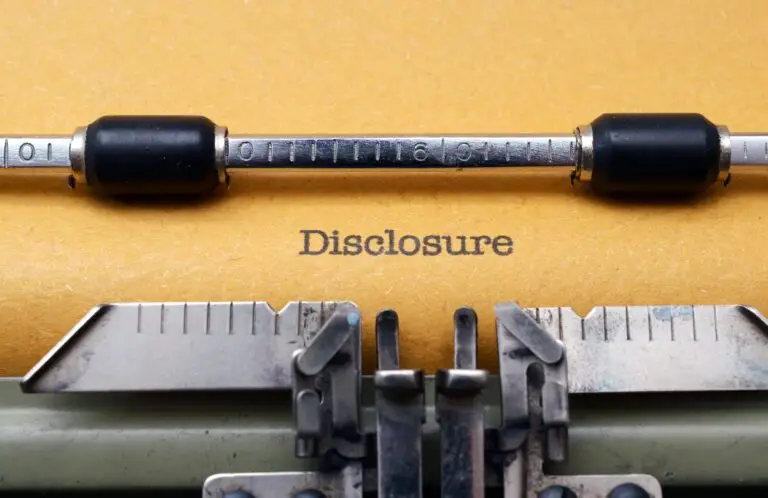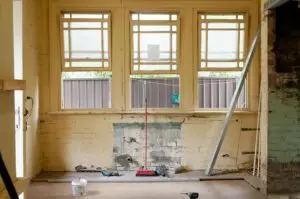Selling your home without an agent, or For Sale By Owner (FSBO), offers many advantages, such as saving on commission fees. However, FSBO sellers must handle all aspects of the sale themselves, including legal responsibilities like disclosure laws. Disclosures are not just paperwork—they are essential to protect both the buyer and the seller while ensuring a smooth transaction.
What Are Disclosure Laws?
Disclosure laws in real estate require home sellers to provide potential buyers with specific information about the property’s condition. These laws are designed to protect buyers from unforeseen issues and ensure sellers are transparent about known defects.
How Do Disclosure Laws Vary by State?
Every state has its own disclosure requirements. For instance:
- Florida requires sellers to disclose any material defects that may not be immediately apparent.
- Texas has a detailed Seller’s Disclosure Notice covering structural, mechanical, and environmental factors.
- Ohio: requires sellers to complete the Residential Property Disclosure Form, which provides a detailed overview of the property’s condition.
Understanding your state’s laws is crucial, as failing to meet these requirements can result in legal and financial consequences.
Why Are Disclosures Important for Home Sellers?
Disclosures not only protect buyers but also shield sellers from future liability. Being upfront about property issues builds trust with buyers, making them more likely to proceed confidently with the transaction.
Common Disclosure Requirements
As a FSBO seller, you are often required to disclose:
- Structural Defects: Issues with the roof, foundation, or walls.
- Environmental Hazards: The presence of mold, lead-based paint, or asbestos.
- Mechanical Issues: Problems with heating, cooling, plumbing, or electrical systems.
Providing this information helps buyers make informed decisions and reduces the risk of post-sale disputes.
How to Determine Your Disclosure Obligations
How Can FSBO Sellers Learn About State-Specific Disclosure Laws?
Research is key. Start by:
- Visiting your state’s real estate commission website.
- Reviewing online resources, such as disclosure templates specific to your location.
- Consulting a real estate attorney for guidance.
Are There Penalties for Failing to Disclose Required Information?
Yes, the consequences of non-disclosure can be severe, including:
- Lawsuits from buyers for misrepresentation.
- Financial penalties or the obligation to cover repair costs.
- Canceled sales.
How to Prepare a Disclosure Statement
What Is Included in a Standard Disclosure Form?
A typical disclosure form includes details about:
- Structural and mechanical defects.
- Environmental hazards.
- Recent repairs or renovations.
- Legal disputes involving the property.
Are There Online Resources or Templates for Disclosure Statements?
Yes, many state real estate websites and legal service providers offer downloadable disclosure forms. These templates can be a helpful starting point for FSBO sellers.
Do FSBO Sellers Need a Lawyer to Prepare Disclosures?
While not always required, hiring a lawyer ensures your disclosures meet legal standards, reducing the risk of costly errors.
The Impact of Failing to Disclose
What Are the Legal Consequences of Non-Disclosure?
Non-disclosure can lead to legal battles, with buyers seeking compensation for damages or repair costs. In some cases, sellers may face fraud allegations.
How Can Failing to Disclose Affect a Home Sale?
Failing to disclose issues can delay or derail a sale entirely. Even if the sale goes through, unresolved disputes can harm your reputation and result in financial losses.
Tips for FSBO Sellers on Handling Disclosures
How Can FSBO Sellers Ensure They Comply with Disclosure Laws?
- Conduct a thorough home inspection to identify potential issues.
- Use official disclosure forms tailored to your state.
- Be transparent and document all repairs or known defects.
What Is the Role of a Home Inspection in Creating a Thorough Disclosure?
A professional inspection can uncover hidden problems, ensuring you provide accurate and complete information. It also demonstrates your commitment to transparency, which can reassure buyers.
Buyer’s Right to Know
How Do Disclosures Build Trust with Potential Buyers?
Transparency fosters confidence. When buyers feel informed, they are more likely to trust you and proceed with the purchase.
What Recourse Do Buyers Have if a Seller Fails to Disclose?
Buyers can seek legal action to recover damages, rescind the sale, or force the seller to cover repair costs. Providing honest disclosures minimizes these risks.
Conclusion
Disclosures are a critical aspect of any home sale, especially for FSBO sellers. By understanding your state’s requirements and taking proactive steps to comply, you can protect yourself from legal issues while building trust with buyers. Properly handling disclosures is not just a legal obligation—it’s a key factor in selling your home successfully.











